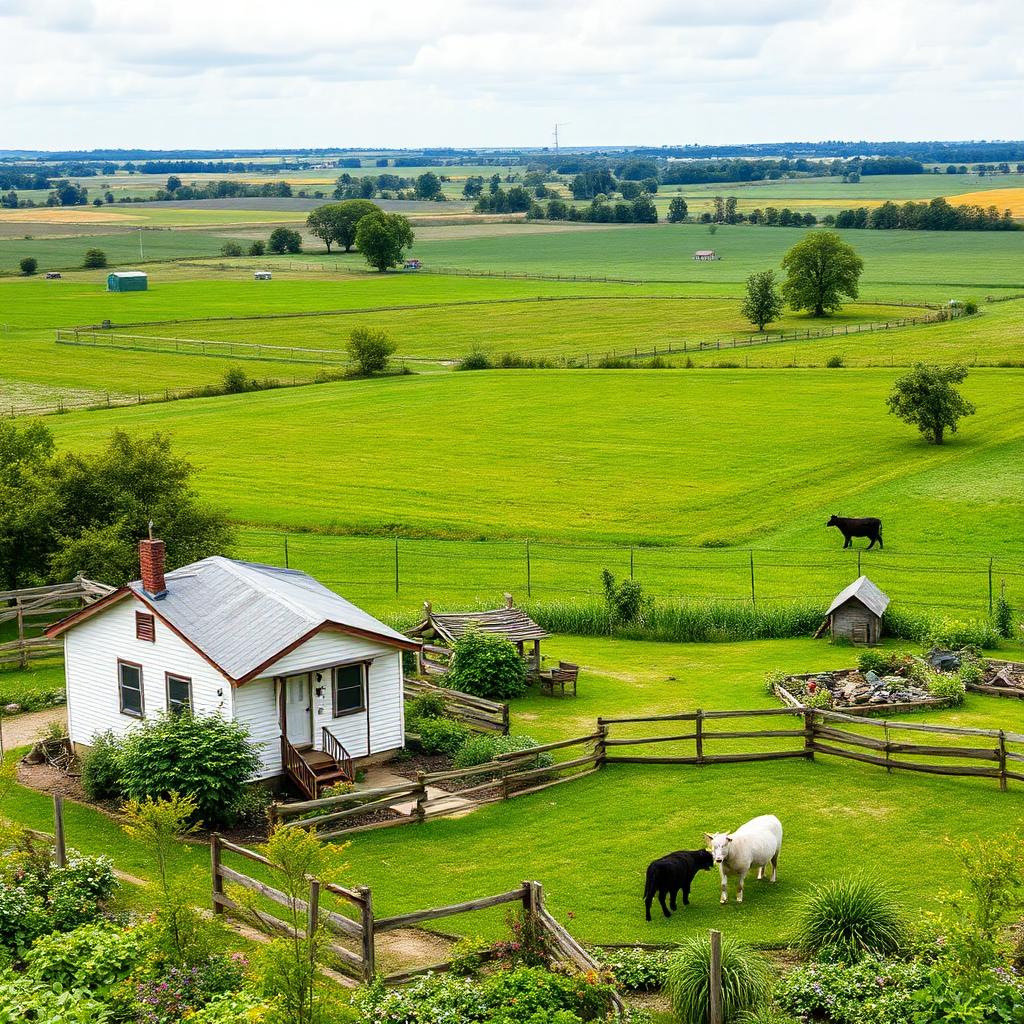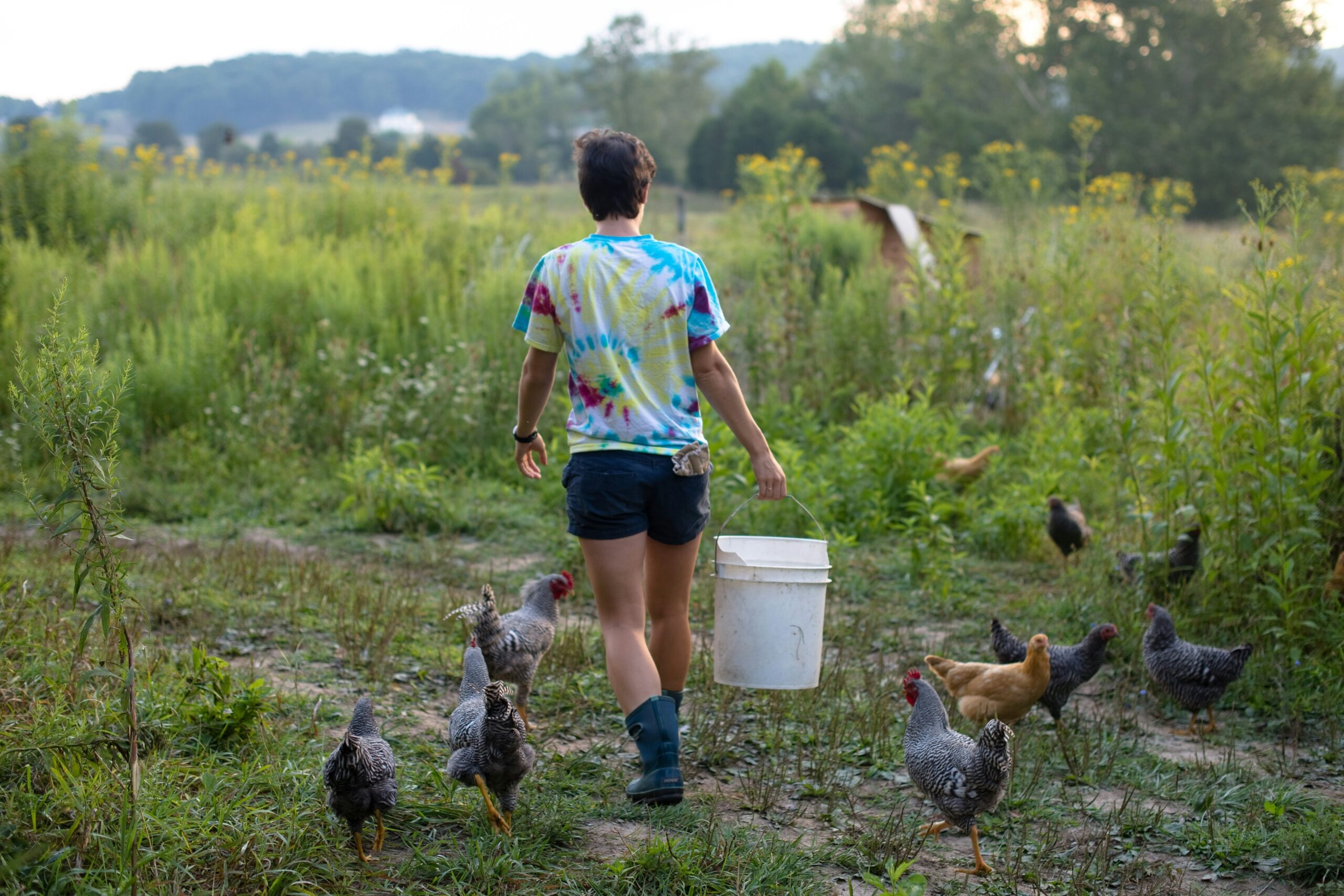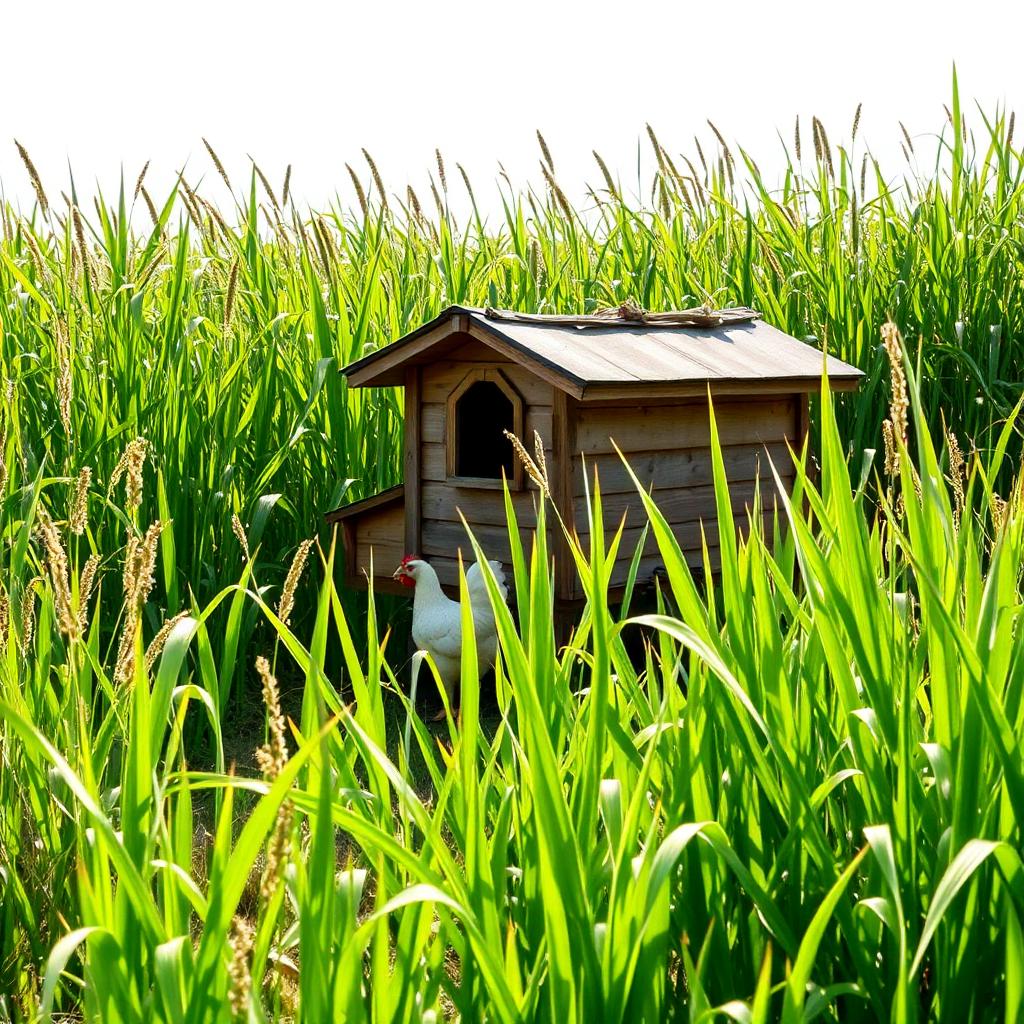As one embarks on the journey of homesteading, they often have visions of developing a lifestyle with the ultimate goal of self-sufficiency, growing their own food, plus being in harmony with nature. The notion of “doing it all” often becomes overwhelming—planting crops, raising farm animals, preserving food, and making handmade products. Typically, this leads to burning out because the chain of things becomes too long, trying to do too much at once. What one needs to avoid falling into the trap of spreading oneself too thin is not to.
Homesteading, as a whole, is to recreate resilience, independence, and a reconnection to the days of the past. Of course, with that comes weather conditions, security, and financial stress of keeping a homesteading lifestyle going. New homesteaders may find themselves with so many skills that they feel overwhelmed by managing the demands of life as a self-sufficient homesteader. It is easy for someone with their heart in the right place to fall into burnout as they go from pure excitement into stress and fatigue with too many responsibilities.
The key to having a successful and sustainable homesteading life is by honing in on a specific skill set—you may choose to focus, flourish, and thrive in one area of homesteading, while you allow the connections you make through the community with fellow homesteaders and local businesses to supplement your focus. Following this practice will help reduce the pressure of being an amateur at everything, while also building up your community engagement and potential to live a more sustainable life.
Identify Your Passion and Strength
As a budding homesteader, the first step in thriving in your new lifestyle is figuring out which task or task/skill you are passionate about and have a natural talent for. Whether it is growing a certain vegetable, raising chickens, or making handmade items, focusing energy and resources on figuring out how to master that one thing will create more gratification and success. You get better quality outcomes if you focus on specializing in it, whether it be a jar of the best tomatoes or reliable, home-grown herbal remedies!
Build Your Skills
Now that a specific focus has been identified, the next phase is to learn and develop skills. This could be anything from workshops to taking specific relevant classes, and talking to seasoned professionals in front of you regarding the contemporary perspectives behind the task. This hopefully will lead to not only doing but also grappling with the ideas behind doing. This level of knowledge not only ensures quality produce or products but also helps make improvements and adaptations to the inevitable changes that will occur on the homestead.
Network and Collaborate
No homesteader is an island. When building a network of fellow homesteaders, local farmers, tradespeople, and artisans, you can enhance your homesteading experience enormously. This group can give you sound advice, the option to barter goods, and be there for emotional and practical support. You can find like-minded people through local homesteading groups and farmers’ markets, or you can find local people online through forums. Bartering is a good way to use their skills or products and remove the need for a monetary exchange—You barter your perfected skill output for their expertise or product. Even if money was used to initially purchase goods or services from a local provider, as a homesteader, you like to barter for as many synced goods and experiences, ie, others’ skills and products, as possible as to create a sustainable bartering system of goods and experience exchanges.

Outsource with Intention
This emphasis on specialization signifies a recognition that, when possible and reasonably, you should always be looking to either outsource or barter for services/goods instead of trying to struggle through things that are not in your intended wheelhouse. Doing the mechanical repairs I eventually need to make will be a good example for you: my neighbor who is good at that type of thing, might have the repair behind them and expect only my freshly baked loaf of bread or organic kale in replacement, and you are benefitting while supporting your local economy of neighbors relying on each other for support, fostering a dependence and feeling of resilience and belonging.
Leverage Technology Wisely
Homesteading may consist of more traditional forms, however, that doesn’t mean we shouldn’t embrace technology when available. People who homestead can utilize online marketplaces and social media sites to barter and exchange their goods, find partners, markets, and further share their skills and knowledge. Online educational resources are a great symbolic resource to help enhance knowledge on your homesteading journey.
Balance and Self-Care
While the focus is to be successful in one aspect, a homesteader also has to think about balance and self-care. Fatigue or burnout can still happen even if we focus on one type of cart. If you are not taking steps to care for yourself, you can still hit that wall and even cause undue stress after putting in so much effort into immutable goals. Referring back to the first cart, all of the things amount to your frame of mind. We all know the basic steps to eliminate fatigue and laziness: take breaks, celebrate personal or group achievements, and do more of the things you enjoy doing with family or other people you spend time with. Physical and mental self-care can only elevate your mental clarity and sustain your zeal for homesteading. When you prioritize growing your brain this way, you can continue to develop energy and enthusiasm for homesteading.
Success Stories
Examining the successful homesteader who utilizes a focused model can provide you with inspiration and a few practical ideas. Here are depicted the examples of the farmer who only grows heirloom tomatoes and trades them for eggs, or the artisan who is making natural soaps, and the other people in the supply chain are providing them with raw material. These are just two examples of specialization and networking, the ways in which they can assist one another.
Homesteading isn’t just about self-reliance; it’s also about cooperation and community. Individual homesteaders can help each other achieve even greater autonomy and success, based on specialization. When each homesteader can really hone their skills in a specialization, they can reach entirely new levels of productivity, which enhances the joy of homesteading and reduces the stress of homesteading. Within an active homesteading community, all of these benefits are multiplied by networking and working together. Ultimately, the great spirit of homesteading is about creating an environment of collective prosperity and resilience. Thus far, we have only discussed traits, talents, and individuals, but we need to consider how to work together to create a homesteading community. Thankfully, we can accomplish this together with a shared vision, purpose, and commitment to success. The question we are left with is: Wouldn’t it make sense to actively build our homesteader community in a way that we could support one another and cultivate a community of homesteaders? More homesteaders are undoubtedly better, and each is deserving of a sustainable homesteading possibility; and they don’t need to do it alone if they help each other and function together.




Leave a Reply